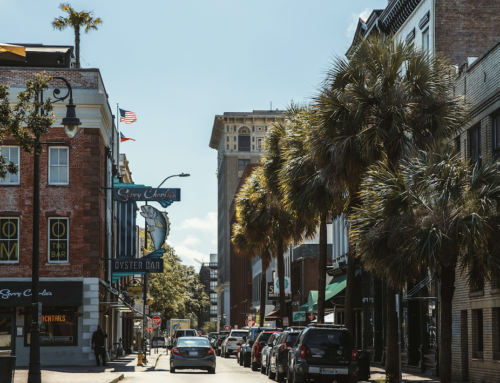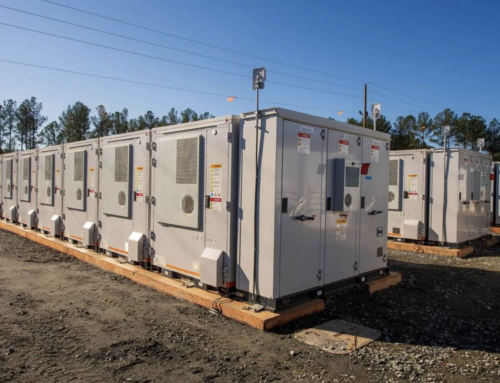Article Featuring The Pendleton Group’s Louise Blais in The New York Times:
U.S. and Canada Reach an Agreement on Diverting Asylum Seekers
The United States and Canada have reached an agreement that will allow both countries to divert asylum seekers from their borders at a time when migration has surged across the hemisphere, a U.S. official familiar with the agreement said Thursday.
The deal, which is set to be announced Friday by President Biden and Prime Minister Justin Trudeau after the two leaders meet in Ottawa, will allow Canada to turn back immigrants at Roxham Road, a popular unofficial crossing point from New York for migrants seeking asylum in Canada.
In exchange, Canada has agreed to provide a new, legal refugee program for 15,000 migrants who are fleeing violence, persecution and economic devastation in South and Central America, the official said, lessening the pressure of illegal crossings into the United States from Mexico.
The deal was announced before Mr. Biden arrived in Ottawa for a 24-hour visit meant to underscore the unity of purpose between the two countries.
But experts said the meeting would likely take a wider lens on the trade relationship, focusing on how the countries could align their policies to take on larger challenges like climate change, economic and security threats from China, and the war in Ukraine.
“The competition is not within North America, it is without,” Louise Blais, a former Canadian diplomat, said in a virtual panel discussion Wednesday hosted by the Americas Society/Council of the Americas and the Woodrow Wilson Center Canada Institute.
One issue that would be raised in this context, Ms. Blais said, is that of the critical minerals that power electric vehicle batteries, like lithium, nickel, graphite and cobalt. China dominates the global processing of these important materials, and U.S. officials have begun holding talks with allies about new sourcing arrangements.
Canada has large reserves of critical minerals that could be developed with U.S. investment and assistance, Ms. Blais said. But the Canadian government will want to make clear to the United States that it is not interested in “just a raw export of those minerals.” Instead, it would argue for developing integrated, continental supply chains for electric vehicles that will reinforce the Canadian manufacturing sector.
“This is what I’d love to see coming out of this meeting, a reaffirmation on the part of the president and the prime minister that we’re going to be developing our industrial policy together and in a comprehensive, integrated way,” Ms. Blais said.
Read the full article here: https://www.nytimes.com/2023/03/23/us/politics/us-canada-asylum-seekers.html










